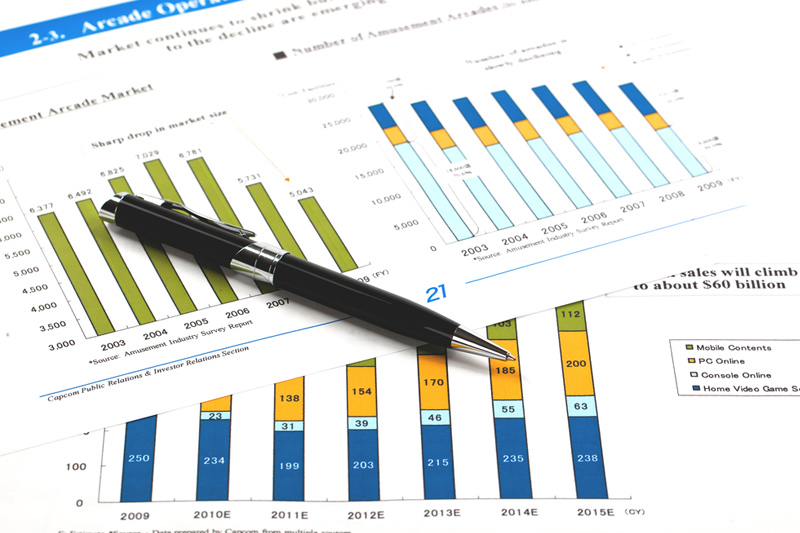Target Holding/Gökalp: The Inflation and Interest Rate Duo Will Remain at the Forefront of the Macroeconomic Agenda
As the end of the year approaches, financial markets in Turkey are focusing on interest rates and inflation data, while abroad, the policies of the Fed and the new Trump era are expected to be decisive for the markets. Dr. Namık Kemal Gökalp, Chairman of Hedef Holding's Board of Directors, shared his expectations for the markets in 2025.
The dynamics of interest rates and inflation continue to be decisive in Turkey's financial markets. The process of real appreciation of the Turkish Lira is pushing investors away from foreign currency deposits, while the stock market needs a new catalyst to trigger a rise. Globally, it is anticipated that Trump’s policies and the Fed’s interest rate moves will be critical concerning global inflationary risks. Dr. Namık Kemal Gökalp provided insights on a potential permanent decline in inflation and the impacts of interest rate policies while sharing his expectations for the markets in 2025.
“The real appreciation of the TL may continue” “Our main agenda in macroeconomics centers around the equation of inflation and interest rates. While inflation is decreasing in Turkey, it is expected that interest rates will be managed in a way to provide a real return above inflation. This process indicates that the theme of real appreciation of the TL is likely to continue in the upcoming period. This could maintain the trend of domestic investors converting their foreign currency deposits.
“The stock market needs a new catalyst” When it comes to stock markets: 2024 was a year where foreign investors exhibited net outflows, while domestic investors turned towards fixed-income instruments. Although a new expectation arose in the stock market with the central bank's signal to lower interest rates, a new catalyst is necessary to trigger an increase. Lifting the ban on short selling before the year ends could boost transaction volumes on Borsa Istanbul, bringing a new balance to the market. Increased liquidity will have a positive effect on the market but may not be sufficient on its own.
“The worst for balance sheets may be behind” On the side of foreign investors, beyond the lifting of the short selling ban, the opening of swap channels will undoubtedly create a larger impact. In 2024, while foreign investors made some entry movements weekly, they generally decided on net outflows throughout the year. The disruptive effects of inflation accounting on balance sheets were particularly felt in the stock market. In this sense, the continuation of tight monetary policy with a permanent reduction in inflation suggests that the worst may be behind for companies in the stock market. With gradual interest rate cuts expected, money market funds, which have shown record growth for a while, may reach 1.2 trillion TL, showing a potential shift towards equity and equity funds or alternative investment funds. However, this should not imply a rally similar to those seen in 2021-2022. Hence, 2025 will again be a year where selectivity is required for the stock market, just like in 2024.
“Global inflationary risks are looming” On the other hand, the policies to be implemented during the second Trump term will be decisive for the trajectory of the global economy. Special attention should be given to the tariffs on international trade and their effects on inflation in the US. These moves will weaken the Federal Reserve's hand, and interest rate cuts may not come as quickly as anticipated. Signals from the Trump administration to increase import taxes on countries like Canada and Mexico may lead to price increases, particularly in the iron and steel sectors. A third risk of a global inflationary process should not be overlooked. Therefore, it is important for investors to diversify their portfolios by spreading risk. In this regard, the increasing variety of funds in recent years can meet the needs of investors. Portfolio diversification is essential with alternatives such as fixed-income liquid funds, low-risk arbitrage funds, and both domestic and foreign equity funds.


